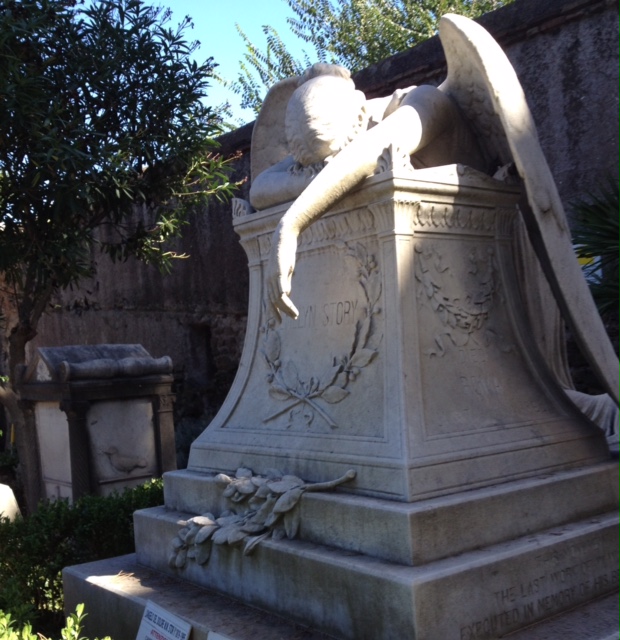
Sea Gifts
 Recently at St. Peter’s Episcopal Church in Millbrook and Lithgow, parishioners offered up hand knit scarves and caps, beautifully knitted for the seamen traveling into the harbor of NYC. It made me think of the tapestry of change that we experience in our lives. After the offering of knitted items we sang the Navy Hymn
Recently at St. Peter’s Episcopal Church in Millbrook and Lithgow, parishioners offered up hand knit scarves and caps, beautifully knitted for the seamen traveling into the harbor of NYC. It made me think of the tapestry of change that we experience in our lives. After the offering of knitted items we sang the Navy Hymn
Eternal Father, strong to save,
Whose arm hath bound the restless wave,
Who bidd’st the mighty ocean deep
Its own appointed limits keep;
Oh, hear us when we cry to Thee,
For those in peril on the sea.
The sea is a powerful image of force and change. And all change can bring its own form of peril. “Sea change” is a poetic term that seemed to find its way into every essay and commentary and many book titles since the Eighties. It means a gradual transformation in which the form is retained but the substance is replaced. Even as I write this I am visiting my aging parents whose lives are undergoing a sea change.
My father at 92 years old is in pretty good physical condition, but his mind is showing signs of senile dementia and seems to be on an inward course. He is most alive when he is recalling his experiences in WW II. He was a young sailor on a sea plane tender and traveled from Boston to Newport to Reykjavik, London and Cardiff. It is as though he is on the bow of the USS Barnegat as it first left Boston on that day in 1942. He also remembers every poem he memorized as a young man and pieces of foreign languages including Icelandic that he picked up in the Service.
Someday we will understand more about memory, the brain and what is happening to him, but now the best thing to do is to listen to his storytelling. He is most present and vibrant when he is visiting his past. While he is transformed by it, I can see him then through his eyes into who he really is.
It is Shakespeare who gave us this expression — sea change. It appears in The Tempest, when Ariel sings:
Full fathom five thy father lies;
Of his bones are coral made;
Those are pearls that were his eyes:
Nothing of him that doth fade
But doth suffer a sea-change
Into something rich and strange.
Sea-nymphs hourly ring his knell
The spirit Ariel sings this song to Ferdinand, Prince of Naples, whom mistakenly thinks his father has drowned. His bones have been changed into coral and his eyes are pearls. All of his body has been changed into something relating to the sea. No part of the body is decayed; it is valuable. “Full fathom five thy father lies” and “suffer a sea change” musically tell us of the motion of the waves and sea and in the midst of this” sea change” something remains that is rich and strange. All of us experience sea change. It is not left only to sailors and seamen. We go through physical, mental and spiritual changes. These changes transform us in many ways both rich and strange. And yet we remain – nothing of the person fades.




